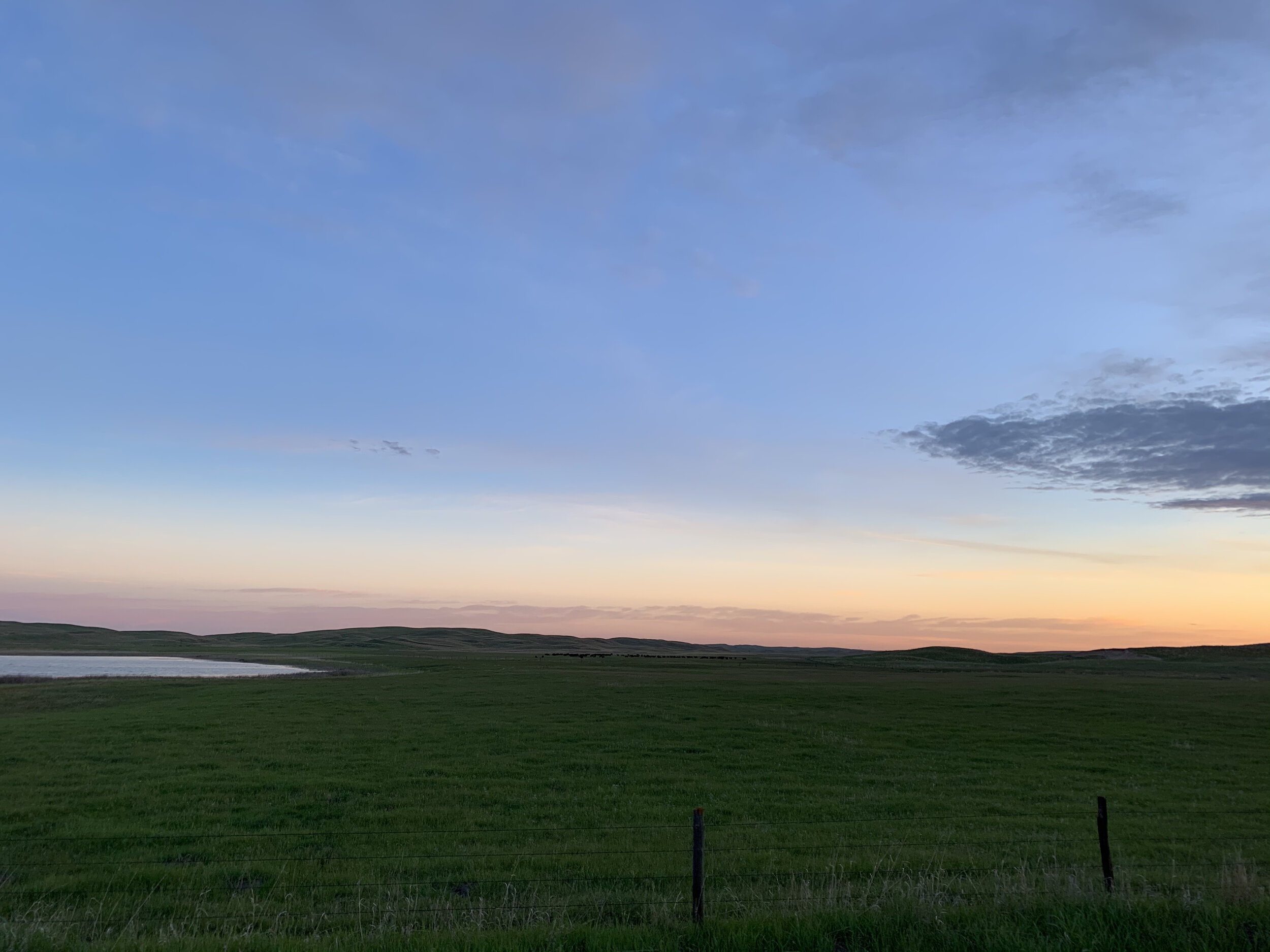The Rural Review
An online journal produced in conjunction with the Rural Reconciliation Project.
The Rural Review publishes digests of important academic contributions, program information, blog-style commentary, and periodic roundups of rural items from across academic disciplines and scholarly media.
Contributions from interested authors are welcome. Find our author guidelines here.
Book Review: The Value and Endurance of Home Places
Macro-level structural forces, local institutions, race, class, livelihoods, culture, landscapes, and neighborhood dynamics all come together to create something greater than the sum of their parts. It is at this essential intersectional nexus that Amanda McMillan Lequieu’s 2024 book, Who We Are is Where We Are: Making Home in the American Rust Belt, so adeptly advances the conversation on place-based marginalization and struggle. Who We Are identifies this holistic, multi-factor intersection of place, culture, and economic survival as something we all instinctively know, but may still struggle to define: “home.”
Roundup: August 29, 2025
A periodic collection of recent research, analysis, and other notable rural items.
Rural Renting
Many people have studied eviction, and rightly so: Eviction in America is at a crisis level, with an estimated 2.7 million households facing eviction filings each year. Eviction has an impact on people and communities, with research linking it to job loss, poor physical and mental health outcomes, and all-cause mortality. Eviction can disrupt every aspect of a person’s life.
Wolters et al.: Sustainability Initiatives in Rural Cascadia
In Small and Rural Local Government Environmental Sustainability Plans, Programs and Policies in Cascadia: A Comparative Analysis, Erika Allen Wolters, Brent S. Steel, and Sadaf Farooq (all Public Policy, Oregon State), and Tamara Krawchenko (Public Administration, University of Victoria) examine the environmental sustainability efforts of small and local governments within the “Cascadia” region which spans British Columbia, Oregon, and Washington.
Statz & Garriott: Studying Rural Criminal Justice Through Ethnography
In Ethnographic Research: Immersing Oneself in the Rural Environment, Michele Statz (Minnesota Medical School/Law) and William Garriott (Law, Politics, and Society, Drake University) present ethnography as an effective method for the study of rural criminal justice. They argue that through its expectation of extended engagement in everyday life among a population, ethnography offers a means of assessing the thick social ties and thin institutional infrastructures that define the criminal justice system in rural communities. By exploring relationships, ethnographical studies contextualize structural and cultural conditions and reveal unique insights about life and crime in rural spaces.
Villavicencio-Pinto: Property Regimes and Climate Adaptation
In Beyond the Agro-export Boom: The Challenges of Land Concentration and Fragmentation in Chile, Eduardo Villavincencio-Pinto (Kent Law School, UK) examines the neoliberal rural property regime in modern Chile and its implications for how the country can meet the challenges of climate change. The author conducted a study of rural Chilean property ownership, evaluating two main trends: land concentration and land fragmentation. Employing a historical, cartographic, and socio-legal approach, Villavincencio-Pinto shows how both trends have had negative effects on the rural landscape in Chile and challenges the sustainability of this foundational system.
Tomisich: Learning the Rural Practice of Law
In Learning the Rural Practice of Law, author Ashli R. Tomisich (Wyoming Law) discusses the lack of experiential learning in the law school curriculum and how this gap contributes to students being unprepared to enter rural practice.
Why Aren’t We Talking About Rural Voters Anymore?
If you pay attention to public discourse about rural populations, you might have noticed something missing in the aftermath of the 2024 presidential election: think-pieces on rural voters. These think-pieces—musing on rural voters’ motivations, their seemingly disproportionate susceptibility to Donald Trump’s appeal, and their role in deciding the most recent election—were everywhere after the 2016 presidential election that led to Trump’s first term. Even in 2020, after Joe Biden’s victory and evidence of more complexity in rural voting patterns, analysts and pundits seemed eager to assess the role of the rural vote. Yet, rural voters just don’t seem to be top of mind for this round of post-election analysis. Why might that be?
Roundup: July 25, 2025
A periodic collection of recent research, analysis, and other notable rural items.








